


78th Session of the UN General Assembly (UNGA 78)
- New York, Global
The 78th session of the UN General Assembly (UNGA 78) will open on Tuesday, 12 September 2023. The first day of the high-level General Debate will be Monday, 25 September 2023.
My hopes for the UN Food Systems Summit+2 “Stocktaking Moment”
Recently I was on panel chaired by the UN Deputy Secretary General, Amina Mohamed, where I was asked three questions about the UN’s “Stocktaking Moment” two years after the UN Food Systems Summit of 2021 (UNFSS). Here are my answers to the questions.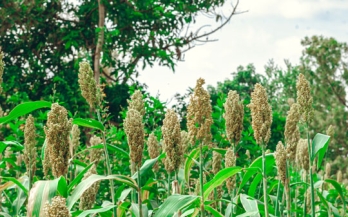
Africa Climate Week 2023
- Nairobi, Kenya
The Africa Climate Week 2023 will bring together government leaders, businesses, civil society organizations, and communities from across the continent to share their experiences, insights, and solutions.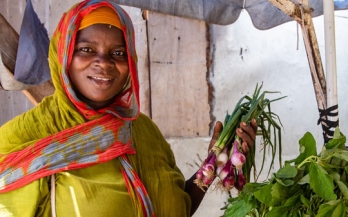
Africa Food Systems Forum (AGRF)
- Dar Es Salaam, Tanzania
The Africa Food Systems Forum (AGRF) will host its 13th annual summit in a hybrid event from Sep 5th -8th 2023 in Dar es Salaam, Tanzania. Hosted under the leadership of H.E Samia Suluhu Hassan, the president of the United Republic of Tanzania; this year’s summit is anchored around building Africa’s Food Systems and Food Sovereignty with the youth and women at the center.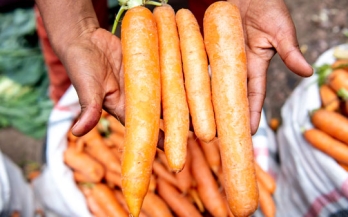
Dietquality.org: launch of website providing new data and tools to enable diet quality monitoring globally
Gallup, Harvard T.H Chan School of Public Health, and the Global Alliance for Improved Nutrition (GAIN), today launched the Global Diet Quality Project’s website, dietquality.org, releasing data from 56 countries alongside ready to use tools for diet data collection and analysis.
Partnerships for systemic change - Practical approaches in food systems
Online, Global
On 22 June 2023 (Thursday, 9.00 to 10.30 AM EST/2.00 to 3.30 PM BST) Nutrition Connect and IFSS Portal, and Glocolearning, will host a 90-minute virtual workshop to highlight the central role of partnerships in ushering systemic change, by exemplifying practical approaches in food systems.
Climate and nutrition are inexorably linked and need joined-up action
Until recently, action taken to address climate change and malnutrition were two entirely separate conversations, with two eco-systems that did not interact. That is no longer sustainable. We cannot properly address climate change without addressing nutrition and vice versa.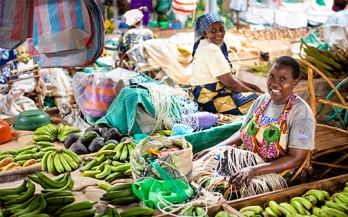
GAIN Interview Cruncher - Harnessing the impact of enterprise support reaching Low-Income consumers
This Interview Cruncher will highlight what needs to be done to harness the impact of enterprise support in reaching low-income consumers with healthy diets.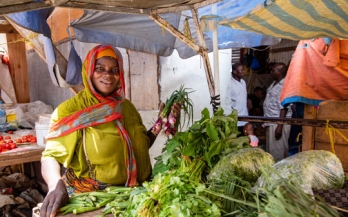
GAIN Discussion Paper Series 14 - Innovative Finance for Nutrition
- 08/06/2023
Malnutrition is a major public health problem, for which global development assistance current falls far short of needs. As such, it is important to consider non-traditional sources and mechanisms to increase the funding available to support nutrition, particularly in low- and middle-income countries where the burden is highest.